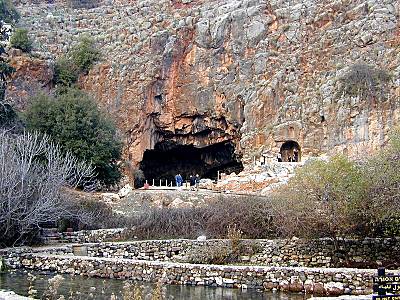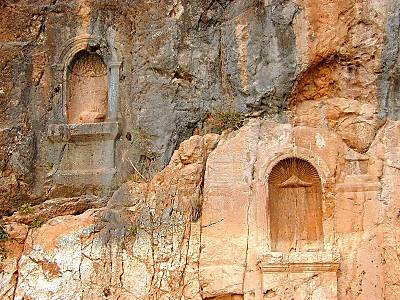This is a picture of one of the happiest days of my life. It’s the day I married my wife and made an oath to her, the Church, and to Jesus that I would be faithful to her and be willing to lay down my life for her. Our marriage is not perfect but it is still beautiful and it is an image of the love that Jesus has for the Church. Here is the concept in the Bible:
Husbands, love your wives, even as Christ loved the church and handed himself over for her to sanctify her, cleansing her by the bath of water with the word, that he might present to himself the church in splendor, without spot or wrinkle or any such thing, that she might be holy and without blemish. So (also) husbands should love their wives as their own bodies. He who loves his wife loves himself. For no one hates his own flesh but rather nourishes and cherishes it, even as Christ does the church, because we are members of his body....This is a great mystery, but I speak in reference to Christ and the church.(Eph 5:25-32)
For Catholics marriage is a sacrament. It is a sign and instrument - of God's own life.
Here is a prayer that my wife and I made when we went to an engagement encounter.
God of Love
We thank you for the life you give use.
We thank you for the love you show us.
We give praise to you because your love conquers all.
God of Mercy
We ask that you bestow your grace
upon our marriage so that we may fulfill our vocation.
We ask you, oh Lord, to make our lives fruitful.
We ask this in the name of the Father, and the Son, and the Holy Spirit. Amen
I love you Melissa








